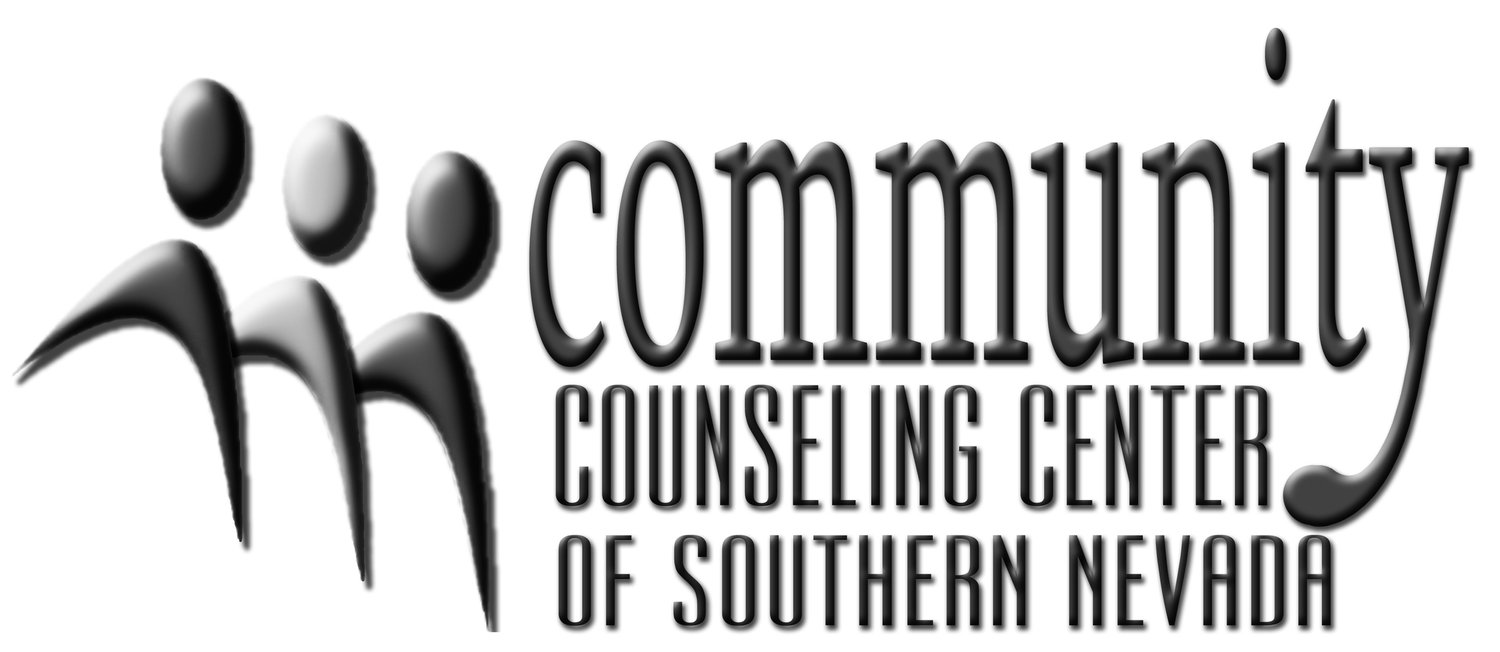10 Ways to Take Care of Yourself Following the UNLV Active Shooter Incident
The aftermath of an active shooter incident at UNLV or any similar tragic event can profoundly impact mental health and well-being. Coping with trauma requires careful self-care and support. Here are ten essential ways to take care of yourself following today’s traumatic incident:
Seek Safety: Ensure you are in a secure and safe environment. Connect with authorities and follow safety protocols.
Connect with Others: Engage with friends, family, or a support group. Talking to others who understand can be immensely comforting.
Limit Media Exposure: While staying informed is crucial, limit exposure to repetitive media coverage as it can trigger distress.
Practice Self-Compassion: Acknowledge your feelings and reactions without judgment. Self-compassion can aid in coping with trauma.
Maintain Routine: Stick to your daily routine as much as possible. Structure can provide stability during times of distress.
Physical Care: Focus on your physical well-being. Ensure proper nutrition, exercise, and adequate sleep to support your mental health.
Mindfulness and Relaxation: Engage in mindfulness exercises, deep breathing, or meditation to reduce stress and promote relaxation.
Professional Help: Seek counseling or therapy. Trained professionals can help you process emotions and develop coping strategies.
Engage in Hobbies: Spend time on activities you enjoy. Hobbies can serve as a distraction and provide a sense of normalcy.
Help Others: Volunteering or supporting others affected by the incident can be empowering and foster a sense of community.
After a traumatic event, seeking professional help is crucial. Trauma-informed counseling and therapy offered by mental health professionals can aid in processing emotions and developing coping mechanisms. At UNLV, resources such as counseling services and support groups are available to assist students and faculty in navigating the emotional aftermath. Community Counseling Center is working cooperatively with the University, and has made itself available to anyone in need of support.
Remember, healing from trauma takes time, and everyone copes differently. Prioritize self-care, seek support when needed, and know that it's okay not to be okay. Taking steps towards self-care is a crucial part of the healing journey following a traumatic event.
